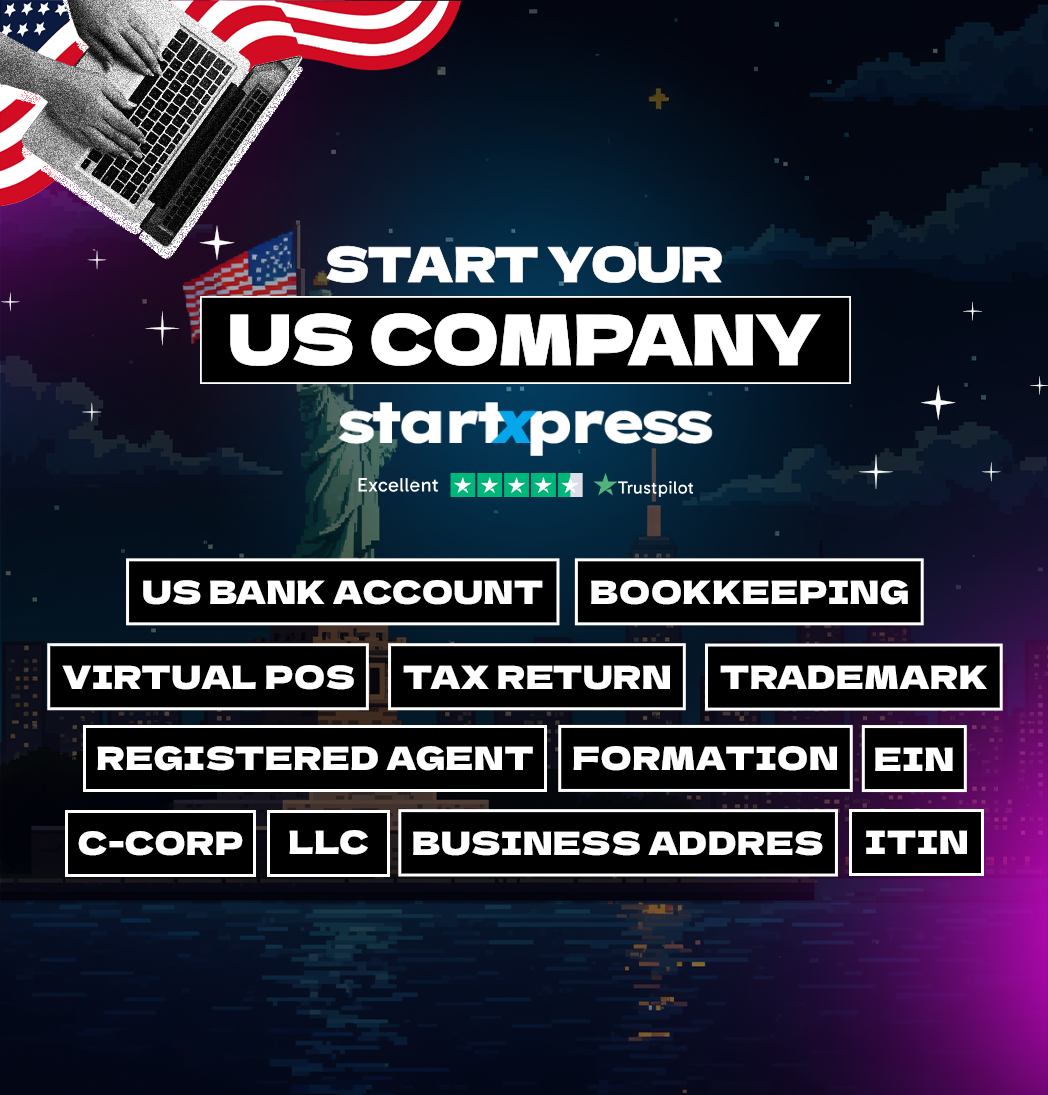What to do when you receive a resale certificate
Resale certificates allow retailers to purchase products for resale without paying tax. You may use a resale certificate when you purchase products to sell, and you may occasionally receive one from a customer.
Use caution when processing a resale certificate from a buyer. If the certificate is invalid and you haven’t collected sales tax, you could be liable for the tax.
Let’s look at resale certificates and what to do if you receive one.
What is a resale certificate and who can use them
A retailer can use a resale certificate to purchase products intended for resale or as components of products to be sold at retail. Each state has different rules and policies regarding resale certificates, so while this post provides general guidelines, you should always check your state’s specific policy before using or accepting one.
Resale certificates, also known as resale licenses or reseller’s permits, may not always look like a traditional “certificate.” Some states issue a physical certificate, while others, like California, do not. In such cases, retailers can print resale certificates from templates available online or buy blank pads at an office supply store.
Remember, you cannot use resale certificates for items consumed during regular business operations, like coffee or napkins in the warehouse. Use them only when purchasing items for resale or components that will be part of products you sell.
Additionally, you have the option to refuse resale certificates or purchases from resellers. Some large stores do not accept purchases from resellers. If you are a reseller and a merchant doesn’t accept your resale certificate, you can try to recover the sales tax paid on items intended for resale when filing your state sales tax return.
For Amazon sellers, you can choose to sell to resellers by signing up for the Amazon Tax-Exemption Program (ATEP). This allows you to retrieve your customer’s resale certificate through Amazon.
What to do when you receive a resale certificate
When you receive a resale certificate from a buyer, you should take “reasonable measures” to verify that the buyer’s claim for tax exemption is valid.
1.) Verify the buyer’s state registration number and expiration date – Each state’s department of revenue provides a way to verify the resale certificate number, which is typically the same as their sales tax permit registration number. Click here for a list of links to verify a resale certificate in every state. Also, ensure that the certificate has not expired.
2.) Verify that the items would be sold in the normal course of the buyer’s business – Be vigilant for any signs of suspicious activity. For example, if the buyer claims to own a convenience store but is purchasing furniture tax-free, this could indicate potential fraud. If it turns out that sales tax should have been collected, you will be responsible for remitting the tax.
3.) Keep a copy of the resale certificate for your records – Maintain a copy of the resale certificate and any related information from your customer. This documentation is crucial in the event of an audit to prove that you don’t need to charge sales tax on the sale.
Important: 12 U.S. states do not accept out-of-state resale certificates. If you reside in one of these states and receive an out-of-state resale certificate, do not accept it. You could be liable to pay the sales tax that should have been collected on that transaction.
Here’s a list of the 12 states that do not accept out-of-state resale certificates.
Do you have any other questions?
If you have further questions regarding the use or acceptance of resale certificates, we’re here to help! Understanding your state’s specific rules and guidelines is crucial for avoiding potential tax issues. If you’re unsure whether a resale certificate is valid or how to process it properly, don’t hesitate to reach out to your state’s department of revenue or consult with a tax professional.
For further insights, explore the Startxpress Help Center and Blog. If you have questions or need support, reach out anytime at support@startxpress.io!
Related Articles
Was this helpful?
0 / 0

